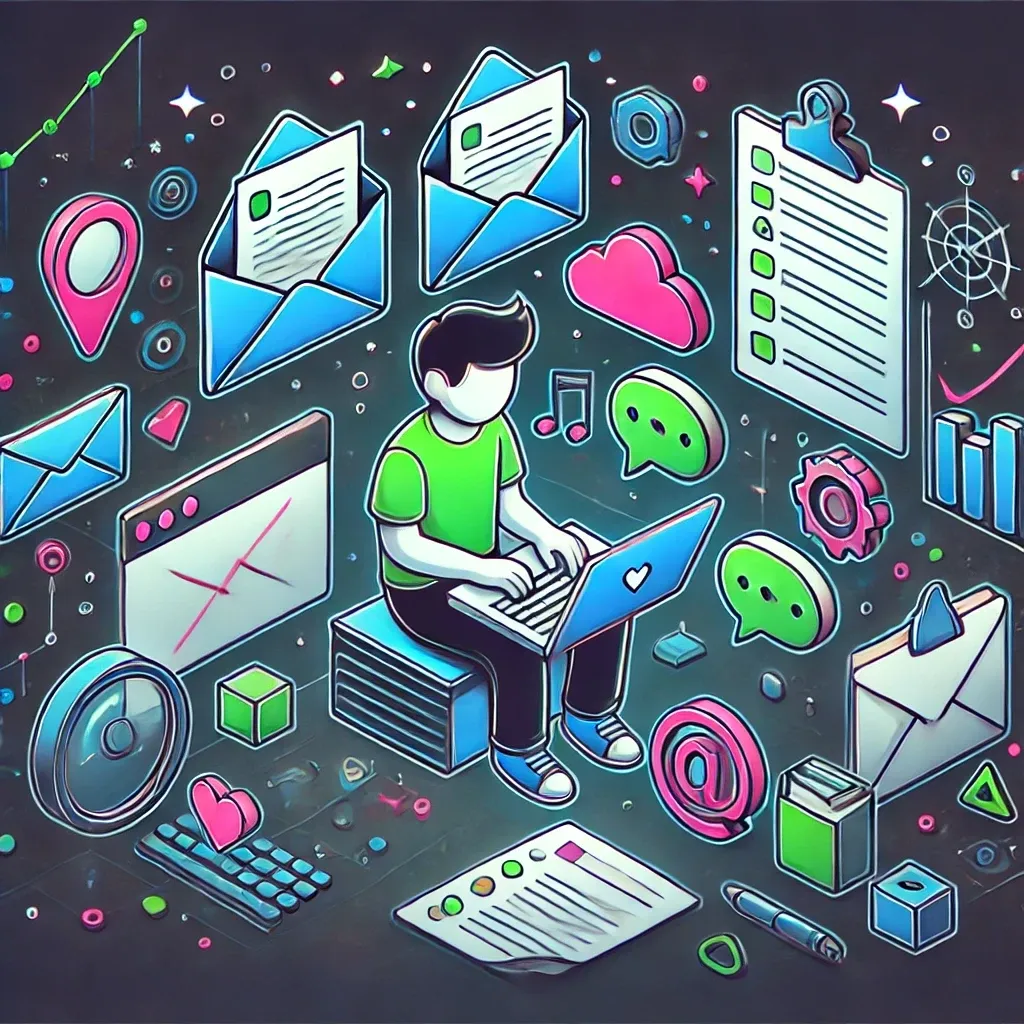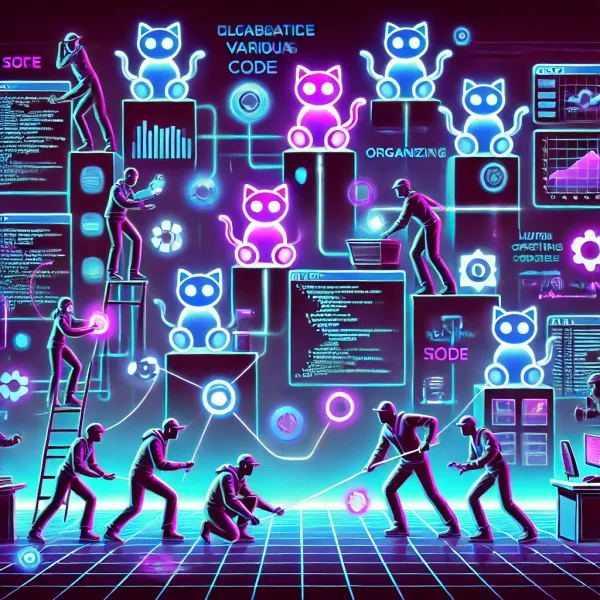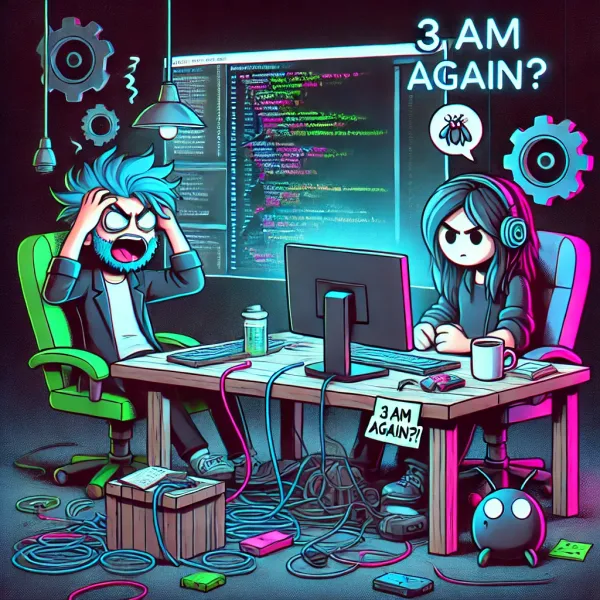Writing Effective Emails and Reports for Software Engineers
How software engineers can write better emails and reports and why it matters.

Email and report writing isn’t glamorous—let’s be real, it’s probably not what lured you into software development. But like it or not, it’s essential. Clear, concise emails and reports help your team stay aligned, avoid misunderstandings, and, most importantly, save you from the chaos of miscommunication. Effective communication is the backbone of productive teamwork. In this article, we’ll break down how to write emails and reports that get the job done—without wasting everyone’s time (including yours).
Why Effective Writing Matters
Software engineering means conveying complex ideas to different audiences—from developers who get what you're saying to stakeholders who think "API" is a new IPA beer. Whether you’re reporting a project update, explaining a technical concept, or begging for someone’s help, clear communication ensures your message lands right the first time—no confusing email chains required.
Writing Effective Emails
Start with a Clear Subject Line
Your subject line is the first thing people see—so don’t make them guess. Instead of “Question,” try “Question About Database Migration Timeline.” This isn’t the time to be cute or vague. A good subject line tells the recipient exactly what to expect and helps them prioritize their inbox. Because let’s face it—emails without clear subject lines are a one-way ticket to being ignored.
Get to the Point
Long emails are a one-way ticket to Deleteville. Open with the key message or request—don’t bury it in paragraph four. If you need something, say it upfront and be specific about what you need and by when. If there are multiple points, use bullet points for easy skimming. People aren’t here for your life story—they just want to know what you need.
Use an Appropriate Tone
You’re not writing a manifesto—or a Shakespearean sonnet. Match your tone to the recipient. Be friendly but professional with colleagues, and a bit more formal with stakeholders. Just don’t overdo it. No one likes emails that read like they were written by an 18th-century poet.
End with a Clear Call to Action
Close your email with clear instructions on the next steps. Whether it’s requesting feedback, scheduling a meeting, or asking for confirmation, make sure the recipient knows what to do. If you’re vague, don’t be surprised when nothing happens.

Writing Effective Reports
Reports may not be thrilling, but they’re necessary. Whether it’s a project status update, a postmortem, or research findings, a good report keeps everyone in the loop without sending them into a boredom-induced coma.
Know Your Audience
Tailor your report to the people reading it. Developers might love the deep technical dives, but stakeholders? Not so much. Stick to high-level summaries and outcomes for non-technical readers—they just want to know if things are on track, not how many API calls you made.
Structure and Formatting Matter
Nobody wants to read a wall of text. Start with an executive summary and use headings and bullet points to make the report skimmable. If there’s important data or metrics, consider using visual aids to make the information digestible. A well-structured report makes it easier for people to find what they need—and avoids TL;DR syndrome.
Be Concise but Complete
You don’t need to write a novel, but don’t leave out the critical stuff either. Focus on the key points, and if there’s more detail that might be helpful, toss it in an appendix or link to it. Less is more, but not when it leaves people scratching their heads.
Use Data to Support Your Points
Data isn’t just for show—it backs up your claims and makes your arguments convincing. Just don’t drown your audience in numbers; use only the data that matters. Your goal is clarity, not confusion.
Common Pitfalls to Avoid
Vague Language
Saying things like “ASAP” or “soon” is basically asking for trouble. Be specific: “Please review by EOD Friday.” Open-ended deadlines are invitations for procrastination—and frustration.
Overloading with Jargon
Sure, you know what RESTful endpoints and container orchestration are, but does your audience? When in doubt, opt for simple language, or provide a quick explanation. Effective communication means making sure people understand you, not tuning you out.
Conclusion
Writing effective emails and reports might not be fun, but it’s worth the effort. Focus on clarity, conciseness, and tailoring your message to the audience. By mastering these skills, you’ll save time, avoid confusion, and reduce those “Wait, what?” moments. Next time you draft an email or report, think about how to make it easy for the reader to understand and act. After all, good written communication isn’t just about looking professional—it’s about making sure people actually do what you need them to.




